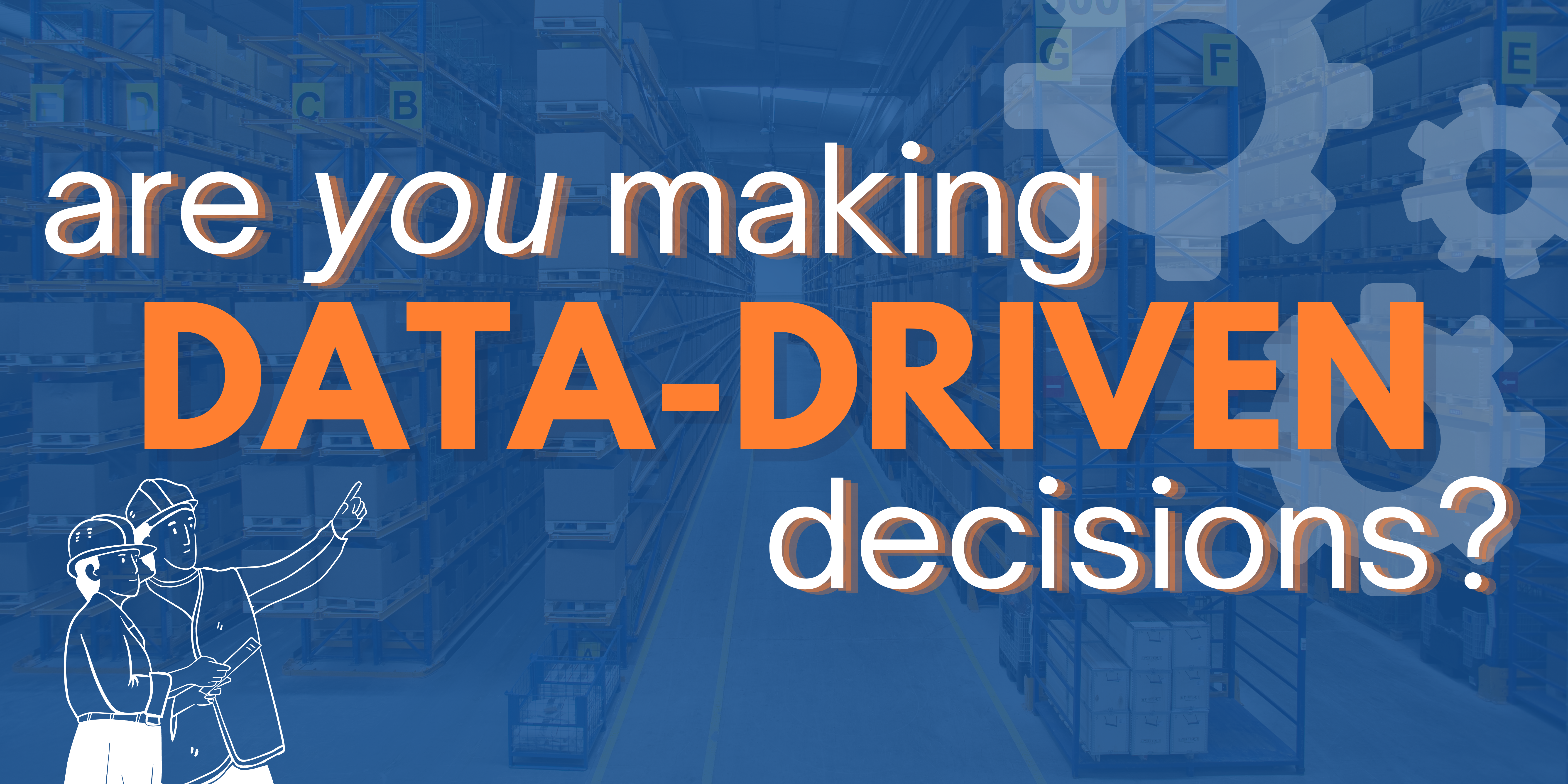Robert Waterman’s observation in In Search of Excellence was that companies were “data rich and information poor.” Most still struggle to utilize data in their business strategies and align their data efforts to the needs of the business. Becoming a data-driven organization involves adapting your business culture, which is difficult and time-consuming, but the rewards far outweigh the perceived difficulties.
Solving these problems is essential to unleashing the power of data across your organization.
There’s abundant opportunity for organizations to use data to optimize operations and everyday business processes, from analytics and artificial intelligence to data quality, monetization, privacy, small data, and security. Any business process that generates data, whether through customer ordering systems or machines on a production line, can be optimized based on the insight the data provides.
So, What is Considered Business Data?
Business data is defined as “the collective information related to a company and its operations,” which includes any statistical information, raw analytical data, customer feedback data, sales numbers, and more. Savvy business leaders collect as much data as possible to help streamline operations and learn more about customer needs to better serve their audience. Collecting business data can mean polling customers, using analytical software, or observing information.
There are several different types of data, and some may be more relevant to your business goals than others:
- Consumer data
- Analytics data
- Inventory and supply chain data
- Product data
- Marketing data
- Employee data
- Costs data
All these different kinds of data are enough to make your head spin, but the investment upfront in data intelligence is one that will pay off for the lifetime of your business.
Why is it so Important?
If you’re invested in your company’s data, it can give insights into every single aspect of your business. It can tell you how and where to invest your time, which deals to pursue when to walk away, what market you should be moving into, and which area of your business is struggling and may need more attention.
Here are just a few ways that data intelligence can benefit your business:
- Helps Business Leaders Make Decisions– Decisiveness is a critical trait for any business because it can help the company make tough decisions quickly and understand the repercussions or benefits of decisions. For example, if your company wants to expand into a new market, collecting data is necessary because it needs information on how the market works, where it might fit into that market, and what kinds of customers it might serve once entrenched in that new market.
- Improves Company Processes- Company processes benefit from data as it can show company leaders how efficient or costly specific processes are. With this data, your company’s executives can determine how to make processes like manufacturing, hiring, and customer service more efficient.
- Improves Customer Satisfaction– With raw data, your businesses can study the effects of their efforts on customer satisfaction. This can help you create a customized experience for each customer, helping to distinguish yourselves from the competition.
- Increases Revenue and Profit- Data may also help your company increase its revenue and profits by boosting efficiency, providing critical insights into operations, and helping to improve certain processes. Data can help businesses measure whether specific actions, products, or services are profitable and where their largest expenses might be.
- Improved Risk Management- Applying data to risk management helps avoid identity fraud, financial missteps, and cyber attacks. Using data science in risk management is key to protecting critical assets and preventing losses.
- Improved Competitive Position- According to a study by Bain & Company that looked at more than 400 organizations, companies with advanced data analytics capabilities were five times as likely to make decisions faster than competitors and market peers.
Growth can happen in a business organically without utilizing data. Still, by taking the time to analyze your data to understand where you are and where you’ve been, you can better prepare for obstacles like economic changes and market conditions. Watching trends in your data allows you to better anticipate when the conditions affecting your business might be taking a different direction. Rather than being reactive, data trends can help you be proactive.
By properly tracking and monitoring your business data, you will have the resources to make critical decisions, reassess your processes, and respond to obstacles with agility to achieve your ultimate business goals.
At MAU, we love using data to drive decision-making internally and with our clients. To learn how data empowered MAU to increase wages and reduce turnover for one of the largest industrial machinery manufacturing companies in the world, check out this case study: Innovative Solutions: MAU Develops Customized Inhouse Assessment.




